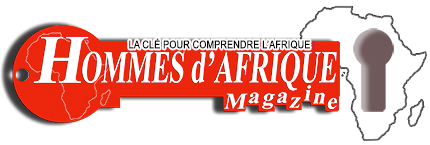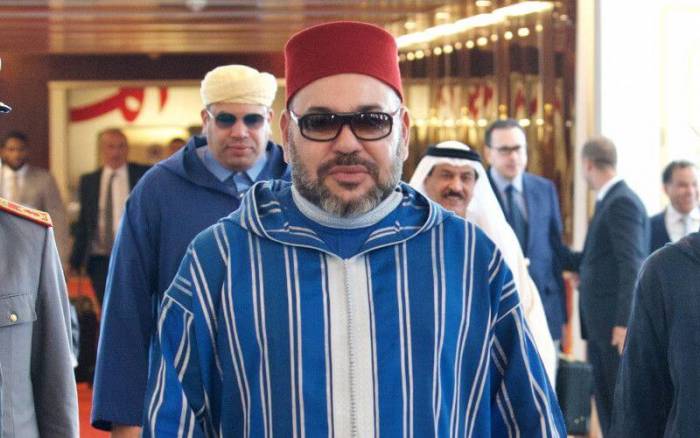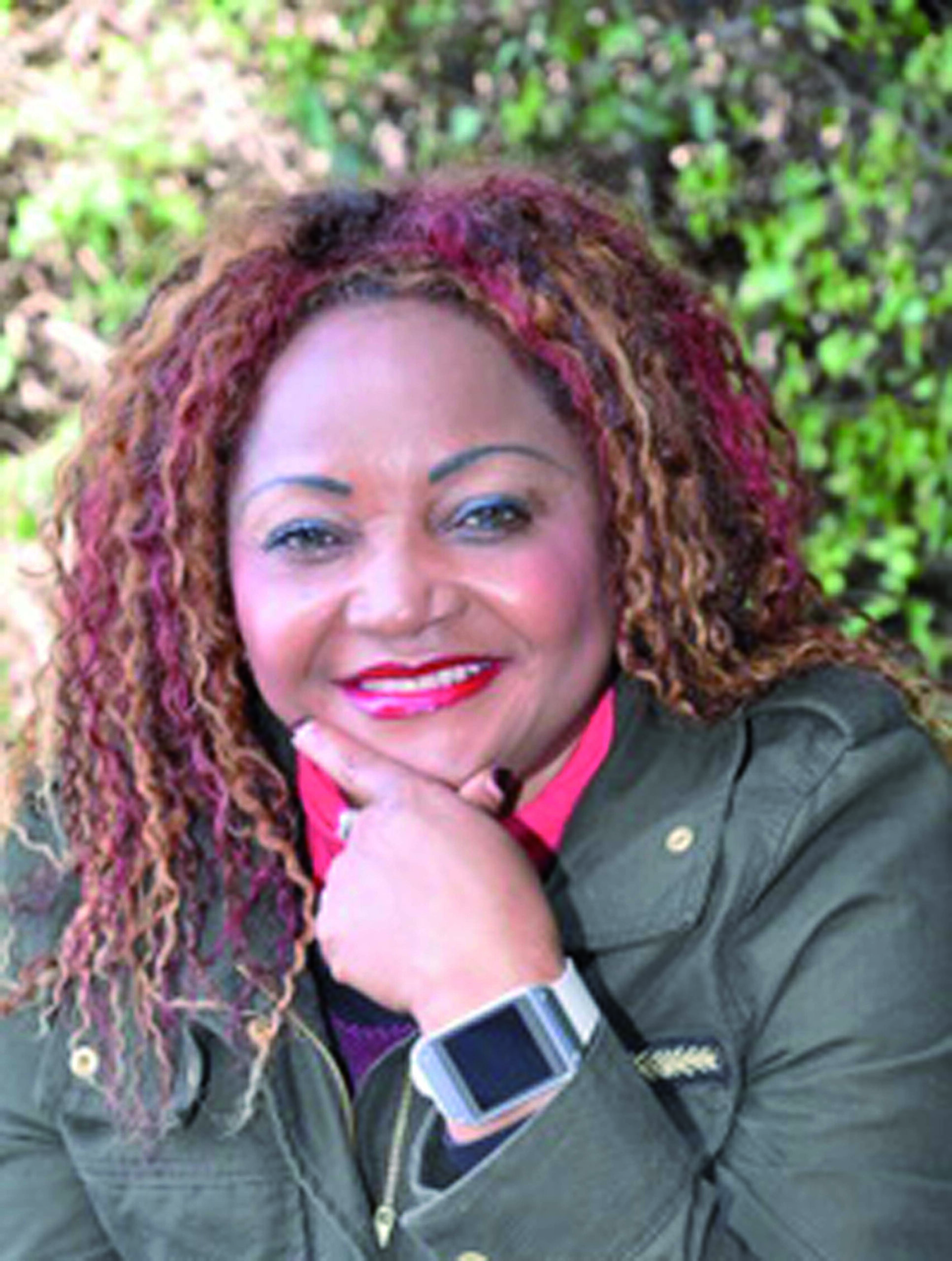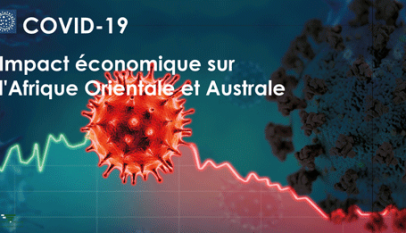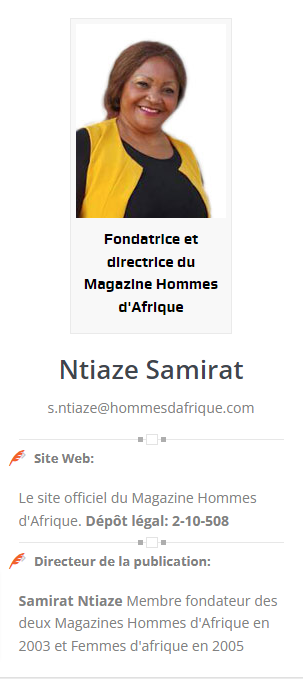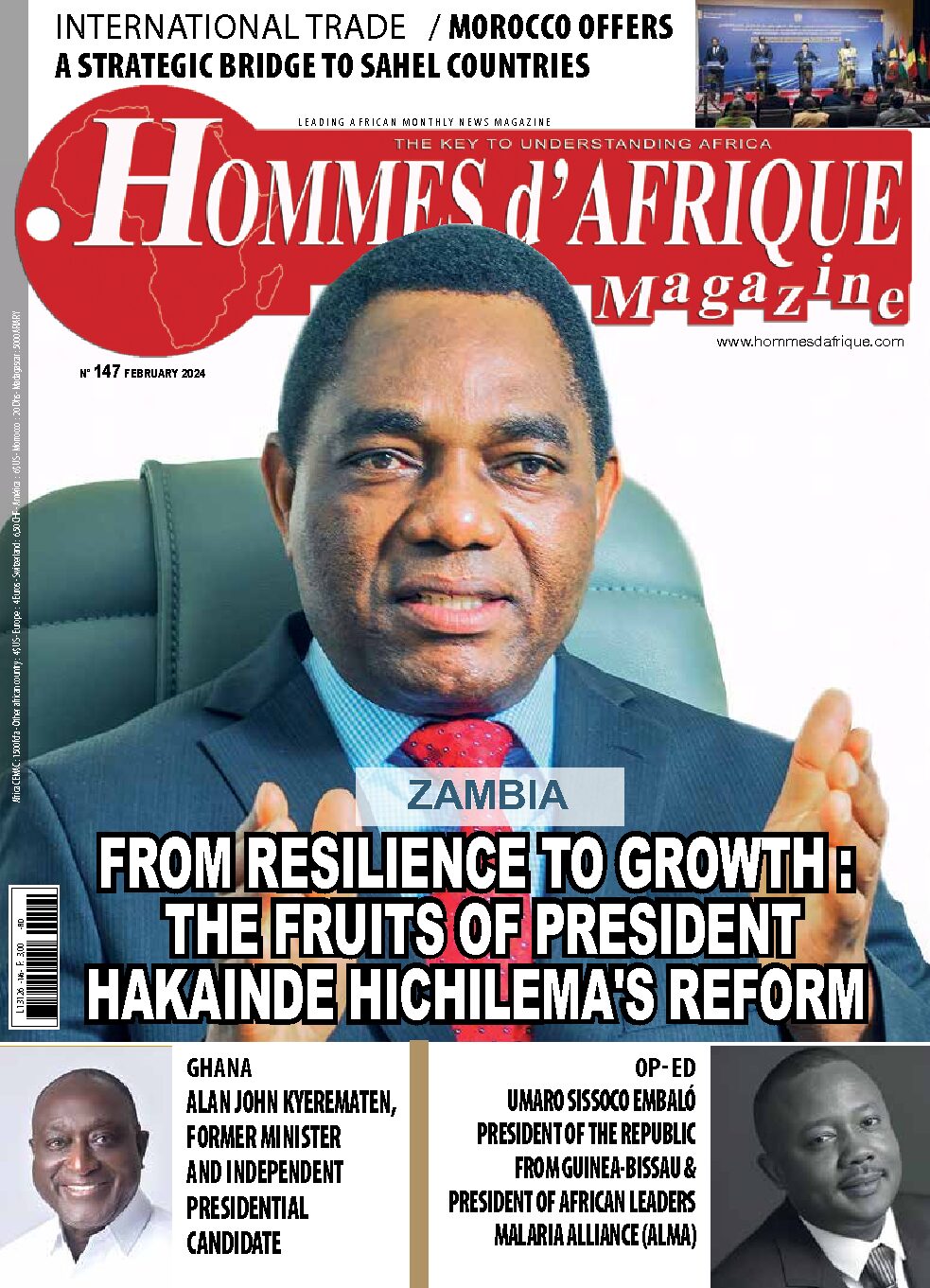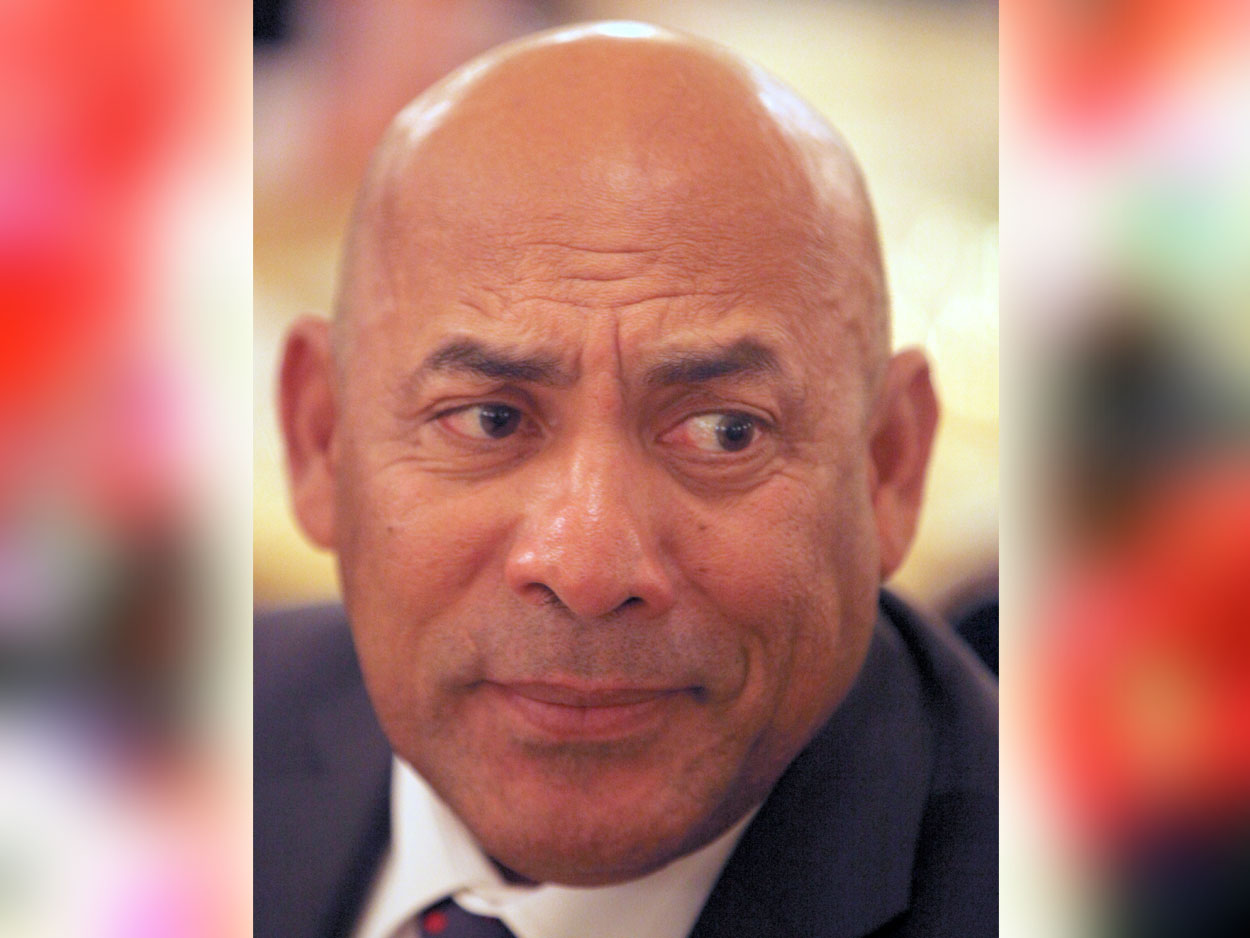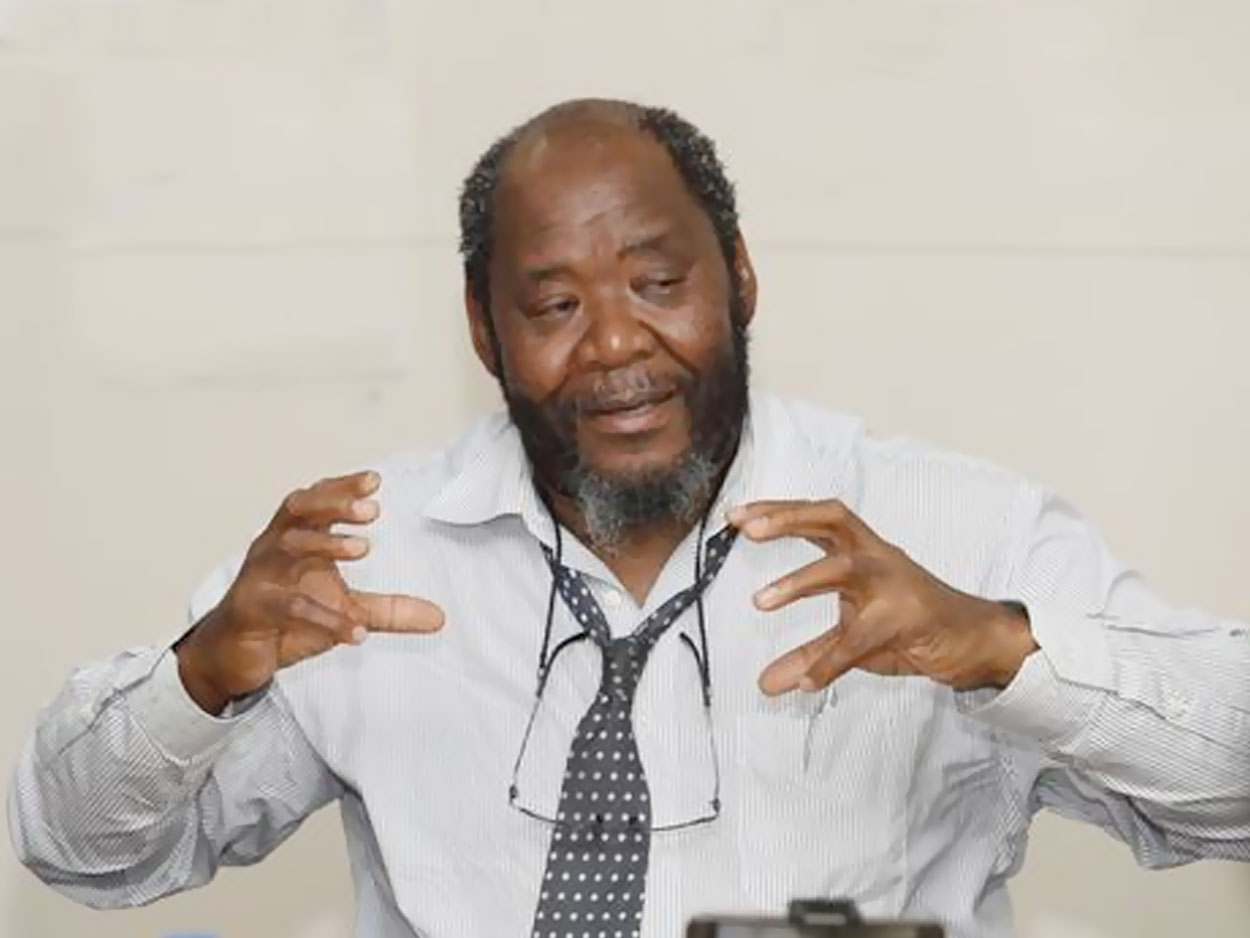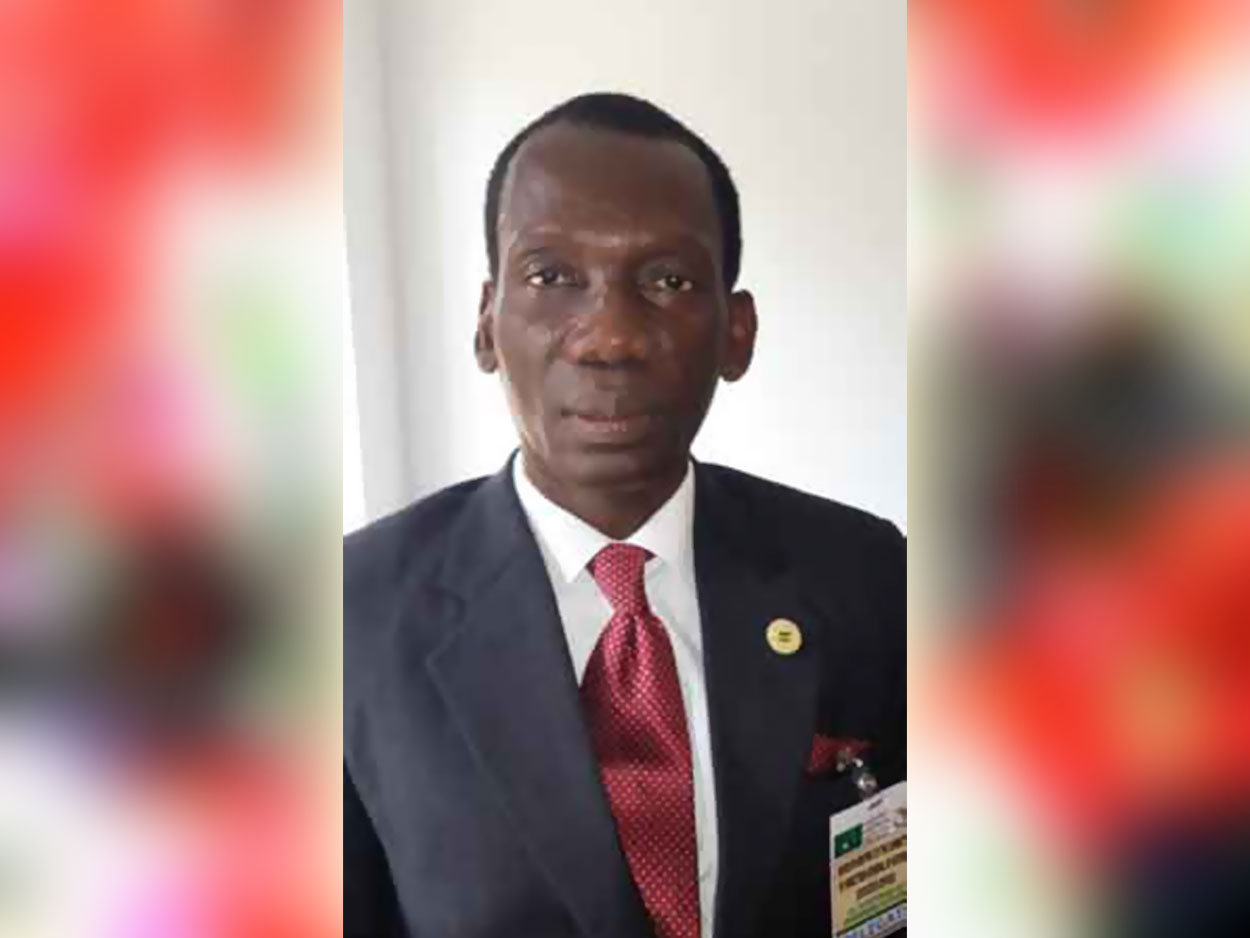Mitoha Ondo’o Ayekaba Deputy-Minister of Health and Social Wellness of Equatorial Guinea

«With over 44,800 tests performed to date, Equatorial Guinea has a number of PCR tests of over 3.6 per 1,000 population. This number makes Equatorial Guinea one of the best performing countries in the world»
What is the overall the COVID-19 pandemic situation in Equatorial Guinea ?
The Government of Equatorial Guinea has been carefully following the situation of the pandemic at the global level. A national committee in charge of the response and surveillance of Covid-19 (Comite de respuesta y vigilancia al Covid, acronym CCOVID) has been set up and has been functioning daily since January 16. The overall situation of the country is constantly followed, both by the central committee in the capital city, Malabo, and by the national sub-committee in Bata, located at the continental region.
Cases are being identified every day, utilizing the PCR test, which is the gold standard for diagnosis in the country. The epidemiological situation currently (August 3, 2020), shows an epidemic with decreasing numbers of infected people, both at the continental region and Bioko island. The epidemiologic curve of the pandemic displays a descending curve, from a peak observed between mid-June to mid-July.
The Baney Research Center (BRC) began systematic testing of COVID-19 suspects since February, and by March 14 the first positive PCR case was identified. Since then, more than 43,365 tests have been conducted, from which 4821 positive cases have been found. From these positive cases, 2182 have been officially deemed cured and 83 of them died of COVID-19 related causes. This gives a fatality rate of 1.72 %, which means that 17 persons per 1000 infected have died; this compares favorably when compared with other African countries and even with more developed countries, including the USA.
The fact that the Baney Research Center has been able to develop the testing facilities in such a short period of time has been one of the main achievements of the country. In less than 3 months, BRC technicians were able to train, install the needed equipment and conduct more than 1000 tests per day and been able to conduct PCR tests from all the provinces of the country. With more than 44,800 tests conducted up to now, Equatorial Guinea has more than 3,6 PCR tests per 1000 habitants, amongst the highest of the world.
The CCOVID has trained and provided all the logistics and communication tools to do the epidemiologic tracing of infected cases in both the continent and Bioko island. Thanks to this, the intensity of local transmission has greatly diminished, and this is reflected in the low transmission rates found in the last week, which are between 0,3 and 1,5 % daily.
When was the first case detected in Equatorial Guinea?
The first case was detected on March 14; the index case was an Equatoguinean woman, coming from her holidays in Spain. Immediately after the identification of this case, she was translated to the isolation unit, located at the specialized treatment unit, which is located at Sampaka hospital.
Since the first case, how many cases have been detected? How many people have died?
Up to August 3, 2020, 4872 positive cases have been identified by the BRC and 83 deaths have been associated with SARS-Cov-2.
Looking back, how efficiently has the Equatorial Guinean government reacted against the coronavirus ?
The Government of Equatorial Guinea has been able to put in place a very active multisectoral committee. It has has been in charge of implementing the WHO Covid-19 strategies, to tackle the pandemic in the most efficient way possible.
In a very short period of time, the CCovid has been able to increase the capacity of the Baney laboratory from 0 to more than 1000 test per day, train doctors and nurses for the isolation units in Bata and Malabo, train contact tracing teams and establish quarantine sites in the main cities of the country. The CCovid has also opened isolation units in the main cities, establish specialized COVID-19 treatment hospitals and define a national education campaign on Covid-19 prevention messages at the national level.
To counter any epidemic, speed is crucial. It is even more crucial for a global pandemic as contagious and deadly as Covid-19 is. How do you asses the speed of the reaction of both the Equatorial Guinean government and the people, to the Covid-19 pandemic?
One of the main characteristics of the national response against Covid-19 is the fact that the Government of Equatorial Guinea was able to quickly develop a national strategy and began its implementation it in less than one month.
During this process, the Equatoguinean population has cooperated with the initial draconian measures of mobility restriction, including locking the cities and transportation ban and forbidding inter-provincial and international travel. The Government of Equatorial Guinea and the CCOVID have made mandatory the use of face masks and gloves in public institutions and banks; these guidelines were implemented actively throughout the country, with the support from the military forces.
After this initial three months lock-down, the Government of Equatorial Guinea entered in the first phase of de-escalation, the Government of Equatorial Guinea lowered mobility restrictions, allowing a limited flow of people between the two main cities, as well as a limited number of international flights. At this time (August 3, 2020) and in view of the significant reduction of the positive cases, the Government of Equatorial Guinea, with the support of the CCOVID is planning the gradual reopening of other economic and social activities, looking to diminish the impact of the confinement measures. Whilst this opening of the economy will be beneficial to the country, the CCOVID will continue to daily monitor the evolution of the pandemic in the country, preserving the wellbeing of the Equatoguineans.
Since the Covid-19 pandemic touched Equatorial Guinea, what has the ministry of health done to protect the citizens? How the patients detected are being treated, with what success rate?
As mentioned before, the Ministry of Health and Social Welfare designed its national strategy against the Covid-19 since January, and has been actively implementing it since. The main implementer of the strategy is the CCovid, which has been directly implementing and supervising activities at the national level.
The patients are being treated at two main specialized facilities designed for the CCOVID response, under the CCOVID guidance. At this time, 2182 patients have received treatment and been released from the case management facilities. Most of the other patients have been asymptomatic, and they have been followed in quarantine and isolation centers. Contact tracing teams have been following epidemiologic chains in the most affected cities, including the six capital provincial cities.
The anti-Covid-19 fight is likened to a world war. A war needs a chief of staff. What person or institution is the Chief of Staff of the Equatorial Guinean army against the Covid-19 attack?
The leader of the anti-Covid-19 fight is the President Teodoro Obiang Nguema Mbasogo, who is responsible of monitoring the strategic actions of the plan. The Vice President, Teodoro Nguema Obiang Mangue is presiding the political committee, which is a multisectoral Committee looking to give a comprehensive response to the pandemic. The Minister of health head the technical Committee at the Ministry of health.
Does Equatorial Guinea have in quantity and quality the human workforce to tackle the epidemic? What reform do you immediately propose for that workforce?
At the beginning of the pandemic, the CCOVID identified main weaknesses, which may harm the national response against the virus. Among the main identified ones, I can mention:
– The country has deficits in Medical skilled personnel for COVID-19 case management. A very limited number of infectiologists and emergency doctors were in the country at the beginning of the epidemic. Due to this the Government of Equatorial Guinea, jointly with the CCOVID decided to contact the Cuban Medical Cooperation and asked to bring in to the country a group of 80 doctors, nurses and other health professionals, which immediately were sent to the treatment centers, both in Bioko island and the continental region. Thanks to this initiative, all patients in need of quality treatment have receive it.
– At the beginning of the epidemic, the CCOVID and the Government of Equatorial Guinea identified the need for a strong supply chain management of COVID-19 drugs and supplies. Due to this, the CCOVID, with the support of H.E. the Vice President of the country and the Prime Minister, organized several private cargo flights, which brought to the country essential material in the COVID-19 response, including PPI, drugs, laboratory materials and other supplies. Amongst this, the country was able to purchase Remdesivir, the first anti-retroviral approved for COVID-19 treatment. This drug has contributed to alleviate the suffering of our hospitalized patients and diminished hospital mortality.
– The Baney research center had only two RT-PCR equipment, which were crucial in the fight against the epidemic. Thanks to the strong support received from the Government of Equatorial Guinea and private oil companies, the country was able to rapidly purchase 8 PCR equipment and an Eppendorf ep motion. Thanks to all this new equipment, the BRC was able to multiply its PCR testing capacity, from 20 per day to more than 1000. At the same time, the Government of Equatorial Guinea is extending its network of molecular biology laboratories, with the training of laboratory technicians and distribution of PCR equipment in the continental region.
– With the support of WHO, in less than one month the CCOVID was able to establish the contact tracing teams, train them and provided them with the needed supplies. Thanks to this initiative, both the continental region and Bioko island were to trace and contact all the contacts and suspects, limiting the impact of COVID-19 amongst the Equatoguineans. On the short term, the Government of Equatorial Guinea will strengthen the emergency and surveillance response teams at all levels, including infrastructure for the emergency response team to address not only the Covid-19 emergency and other health emergencies, but all type of catastrophes which may afflict the country.
On the medium term, the Government of Equatorial Guinea aims to increase the number of local Equatoguineans with emergency management skills, epidemiology, specialized laboratory technicians, amongst others. At the same time, decentralizing the emergency response and increase skilled emergency trained personnel at the provinces.
The Covid-19 pandemic shows how deadly a biologic attack is. What are the main lessons that the Equatorial Guinean government is learning from that pandemic regarding the country’s defense against biologic threats?
Amongst the main lessons learnt:
1. The need to have a permanent multi-disciplinary administrative structure, depending directly on the Presidency, with technical and logistical capacities, able to respond to any emergency in the country and with strong political support.
2. The need to increase the number of specialized health personnel to respond to biological threats.
3. The need to reinforce the epidemiological surveillance capacities in the country, including decentralization of skilled teams and improvement of technological platforms.
4. The need to create the laws and legislation needed to support emergency measures during epidemics, facilitating a smooth and complete follow up of decisions taken to protect the population.
5. The need to educate and promote behaviour change amongst the population on the need to support decisions taken during health emergencies.
How has the Equatorial Guinean government worked with the Africa CDC to fight Covid-19? Concretely, what has the Africa CDC done for your country?
The EG government has established frequent contacts with Africa CDC, discussing technical issues and asking for advice on key issues related to the Covid-19 emergency.
Are you satisfied with your country’s collaboration with the Africa CDC? What should be done to improve that collaboration?
One of the lessons of the Covid-19 emergency is the need to reinforce the links with international organizations, including CDC. The Ministry of Health and Social Welfare of Equatorial Guinea expects to increase the collaboration with CDC, focused on improving the preparedness of the country in front of international public health threats.
At the same time, the Government of Equatorial Guinea expects to increase the exchanges with CDC to train local personnel and sturdy the possibility of supporting technical initiatives as the installment of software for surveillance platforms, emergency protocols, etc.
Some experts say covid-19 was not preventable, but was predictable. What is your point of view?
We think the Covid-19 pandemic due to its high infectious capacity, was going to reach all countries in a matter of time and it was very difficult to prevent. It was predictable, because the virus spread rapidly through the world due to the high inter connectivity and traveling. It was very easy to predict that, in a short term, the virus was going to spread all around the world.
The real origin of the pandemic is still not clear. Rumours even say the Covid-19 pandemic is a bacteriological warfare started by China. Could you tell us what the reality is?
The reality is that decisions on Covid-19 should be made on concrete scientific and technical evidence and not on rumours. We will wait until science will decide the origin of this new epidemic, and for the moment we agree with the hypothesis of the animal origin of the epidemic, as with other Coronavirus epidemics.
The Covid-19 pandemic is clearly a transnational threat and a threat that can wipe out millions of people in a short period. The WHO is supposed to lead the world response to that transnational threat. Has the WHO done the job properly? Does the world need a new institution wholly dedicated to transnational threats?
We believe WHO is doing a good job in the fight against Covid-19 at the global level. In Equatorial Guinea, WHO teams have been supporting the CCovid and the national strategy against the pandemic in a very effective way, since the first day of the pandemic. This is an evidence of great leadership of Dr. Tedros, WHO General Director and of her Director for the African region, Dr. Moeti.
Equatorial Guinea is part of the central African sub-region. How coordinated is the anti-Covid-19 battle in that region? What must be done to improve that coordination?
The Government of Equatorial Guinea has been coordinating permanently with regional organization and neighboring countries in the fight against Covid-19 through OCEAC strategic plan for the region.
The reinforcement of the WHO regional office, including increasing the number of technical specialists in emergency and epidemic response, the improvement of regional surveillance mechanisms and improving the training capacity of the regional are amongst the needs to improve coordination.
In February 2020 in Addis Ababa, Ethiopia, President Obiang accompanied by some African heads of State, chaired the ceremony of the UNESCO Equatorial Guinea prize in Life Sciences. The anti covid-19 battle is a battle of knowledge in life sciences. Does the Covid-19 outbreak justify the necessity of that prize, given the skeptics and critics who opposed the prize when it was launched in 2012?. How is the Equatorial Guinean government preparing for today’s and future generations life scientists in your country?
Yes, the Covid-19 outbreak is an example of justifying the need for a regional prize to researchers and leaders in the response. It will serve to reward the efforts of scientists and/or social leaders and will create role models for African scientists and technicians.
The Equatorial Guinean government is actively developing a cluster of local scientists at the Baney research center. These scientists are the first general of our own research institute. They are working in the Initiative for developing the malaria vaccine, based on sporozoites. This cluster of local scientists is working with a consortium of organization including the USA based Sanaria, the Swiss Tropical Public Health Institute, the Ifakara Health Institute from Tanzania and the organization Medical Care Development International; a group of around 70 medical doctors, nurses, laboratory technicians and other health professionals are continuously being trained since 2014. The expectation is that this group of specialists will continue after the vaccine trials, working in other public health initiatives.
